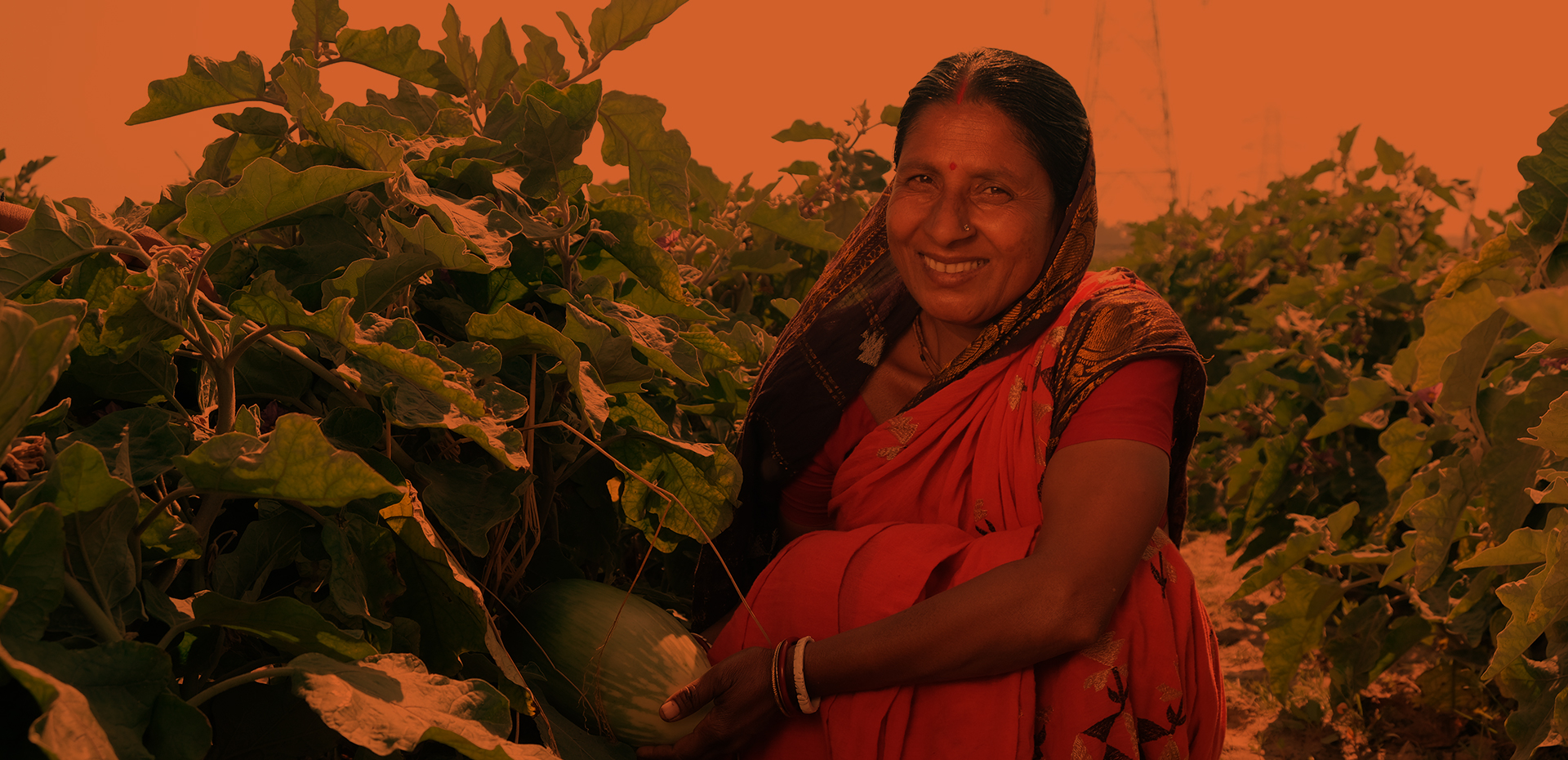
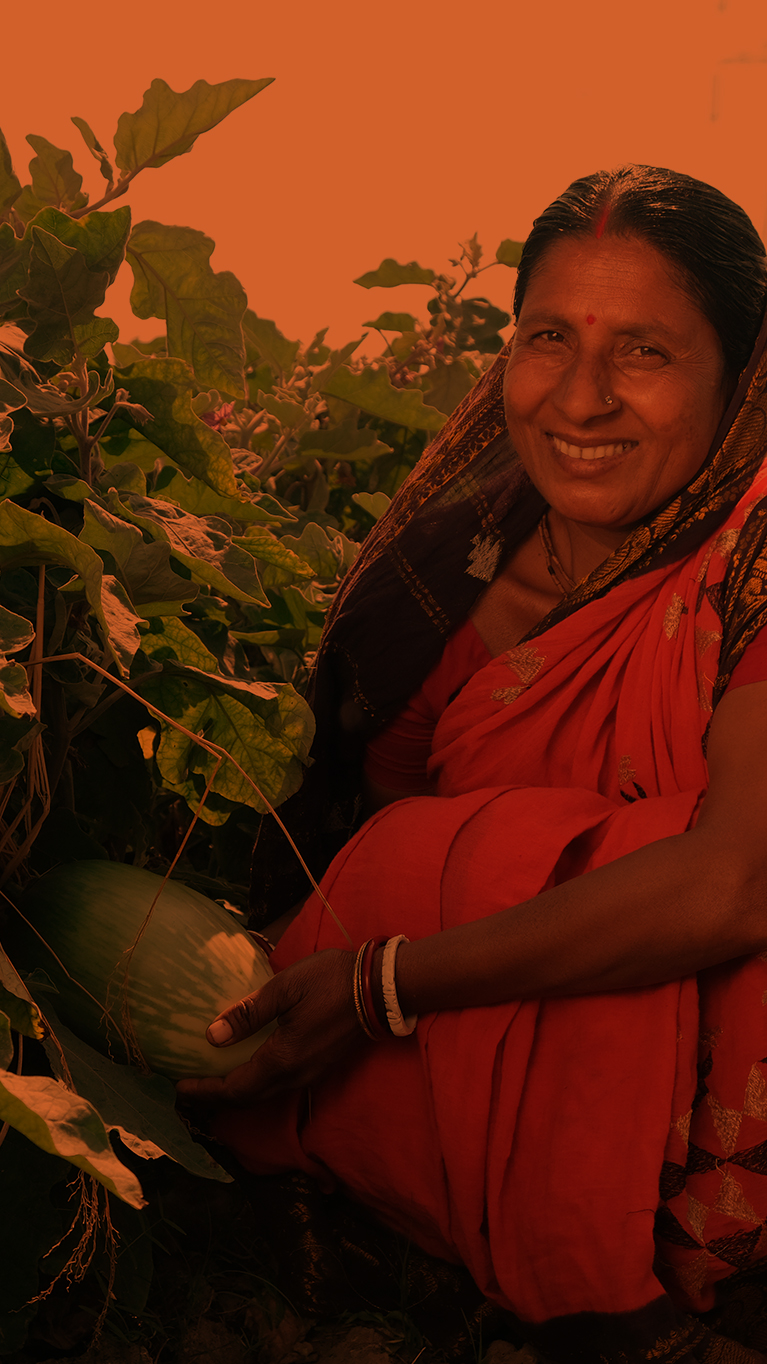


Sankrail is an industrial block with nearly 130 heavy industries. 70% of households have marginal and fragmented landholding, with the area under agriculture has been decreasing over the years owing to an increase in population. Farakka is situated just beside the Ganges Basin and the agro climatic zone of the Gangetic Alluvial Zone. The average rainfall of area is approximately 1476 mm but agriculture is still on subsistence level and farmers follow age-old practices.
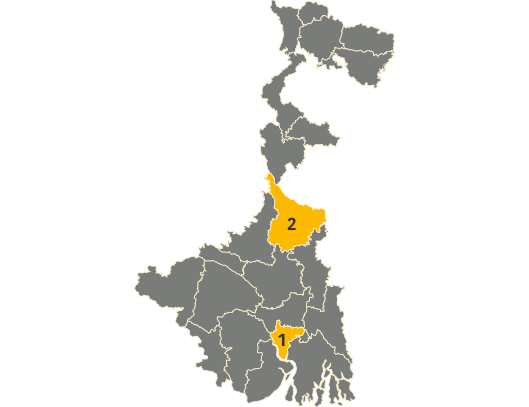
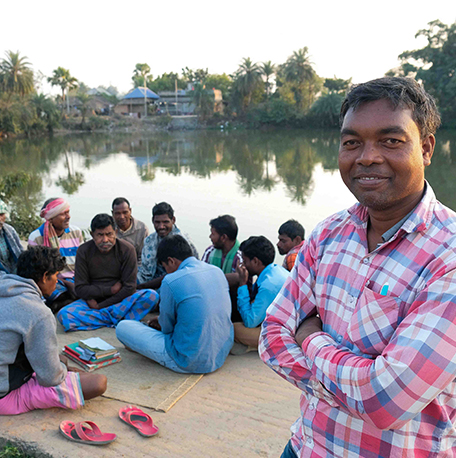
ACF ensures safe drinking water and develops irrigation infrastructure in West Bengal. Establishment of check dams ensure storage of water for longer periods – increasing groundwater levels, recharge of hand pumps, wells and other drinking water sources, and in-situ water conservation with increased soil moisture. River Lift Irrigation Systems have provided assured irrigation facilities to marginal, tribal farmers - stabilising agriculture production, increasing food production, cropping intensity, crop productivity and income levels.
People Benefitted
Under Irrigation
RO Plants
Ponds revived
Handpumps installed
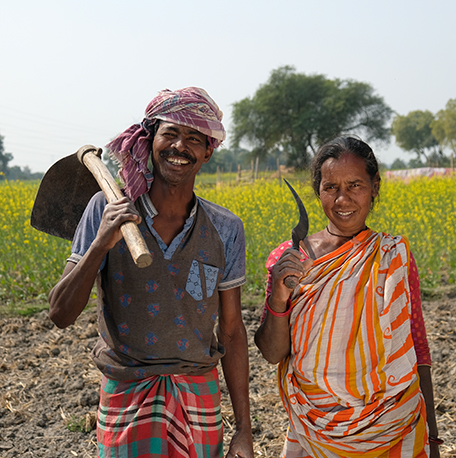
ACF supports farmers through the provision of scientific inputs, technological advancements, promotion of sustainable farming practices and capacity building of farmers - with an objective to double farmer incomes, improve standards of living, and reduce risks and vulnerabilities. A successful partnership with NABARD and the WB Horticulture Department has helped in achieving scale. Vegetable farmers have been motivated to change their traditional seasonal cultivation to off-season cultivation under rain-shelters and the cultivation of creepers under scientific scaffolding - improving the quality of produce and aligning with market demand.
Increase in Farmers Income
System of Rice Intensification
Increase in Rice Production
Due to Aquaculture
For rural poor women
Farms under vegetable cultivation
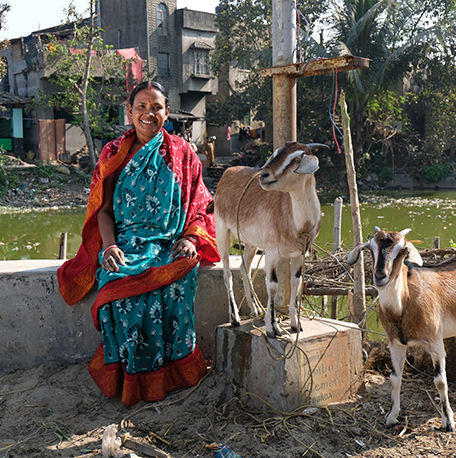
Realising the plight of women, ACF West Bengal harnesses the power of rural women as breadwinners, community leaders and change-makers. By engaging women via SHGs and ensuring their participation, ACF helps rural women have a voice and achieve socio-economic empowerment. Self Help Groups and Village Organisations, along with grassroot women leaders, play a key role in implementing the Women Empowerment Program at West Bengal.
Rural Women
Crore corpus generated
Rural women engaged in income generating activities
Additional Income
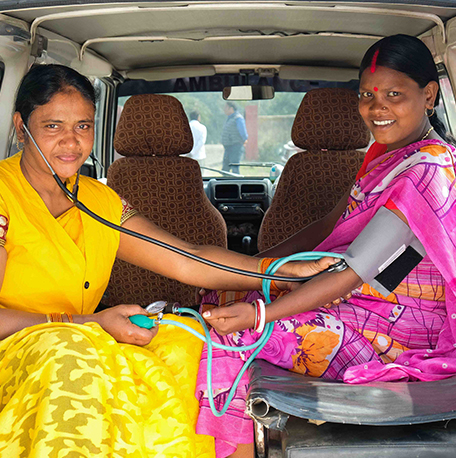
In West Bengal, a lack of access to quality health care services and lack of awareness on health and hygiene are the major challenges faced in rural communities. Maternal Child Health is implemented through Sakhis with the aim to reduce the Infant Mortality Rate and Maternal Mortality Rate in hard to reach areas. ACF works with preventive and promotive healthcare to bring sustainable change - working on 1000 days intervention, adolescent healthcare, and WASH. In addition, TB, Anaemia, Menstrual Hygiene Management and Malnutrition are other areas of intervention.
Institutional Delivery
Mother & Child Immunisation
Reduced Infant Mortality Rate
Reduced Neonatal Mortality Rate
Truckers
Reduced STI with Truckers
Reduction in HIV+ truckers
ODF Villages
Reduced STI with Truckers
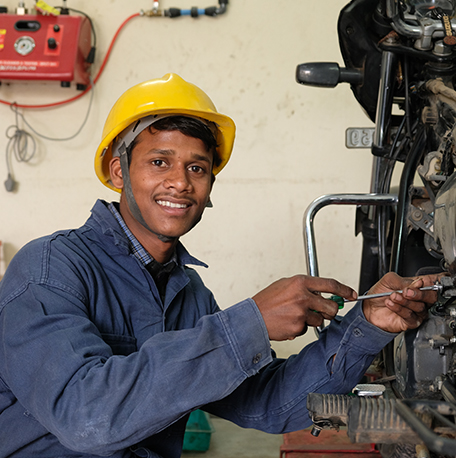
In West Bengal, ACF has two SEDI Centres at Farakka and Sankrail. The main objective of these SEDIs is to secure socio-economic empowerment and career progression of youth through skilling and placement. SEDIs in West Bengal are promoting job roles in trades like Automobile, Sewing Machine Operator, Smartphone Repairing, Beauty & Wellness, Retail, Customer Care Executive, RAC, Eletrical, and Welding.
Youth trained
Youth placed
Average annual income
Female Youth